Kaya Volunteer and Internship Programs in Ecuador
- Ecuador
- Quito
- Cuenca
- Galapagos
About Program
Volunteer or intern at the middle of the world, in some of the world's most fantastic locations: from the Amazon Rainforest to the Cloud Forests on the slopes of the Andes and the bustling cities, to the coast of the Pacific and the Galapagos Islands. If you have a passion for wildlife, marine, or environmental conservation, then there is no better place than Ecuador.
Join the fight against animal trafficking and rainforest de-forestation, or work towards better education, rights, and fair trade for the people of Ecuador.
Whether you are interning as part of your studies, improving your Spanish or volunteering as part of your gap year, or just for a short break, you can work to make a real difference to the incredible Ecuadorian people, their beautiful land, and remarkable wildlife.
Video and Photos
Program Highlights
- Culturally immersive programs with grassroots organizations
- Marine conservation with turtles and sharks on the Pacific Coast
- Environmental conservation and biodiversity reserach in the Amazon rainforest and in the Cloud Forests
- Fairtrade internship in the Amazon Rainforest
- Rehabilitating wildlife exploited by animal trafficking in the Amazon Rainforest
Popular Programs
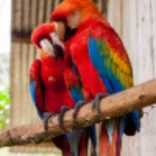
Based in the Amazon rainforest, this project concentrates on wildlife rescue, rehabilitation, and release. Wildlife from the rainforest is often rescued from illegal animal trade and trafficking.
Working at the sanctuary, the veterinary intern will include assisting on treatment, nutrition, release, and monitoring of species. The sanctuary is home to 200 hundred animals including parrots, monkeys, turtles, wild cats, capybaras, caymans, and many more.
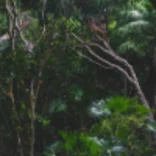
This fair trade internship in the Amazon Rainforest centers around sustainable economic development, cultural preservation and conservation by working directly with indigenous tea farming families. This social enterprise regenerates the cultivation of a native holly plant used to make tea.
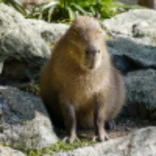
In the same Amazon Rainforest location as the veterinary internship, but acting as an unskilled volunteer, this volunteer project concentrates on wildlife rescue, rehabilitation, and release. Wildlife from the rainforest is often rescued from illegal animal trade and trafficking.
Working at the sanctuary, the volunteer will assist with cleaning cages, feeding the animals, repairs, construction, and nurturing traumatized animals. The sanctuary is home to 200 hundred animals.
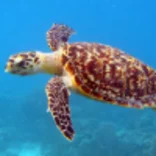
Join this project as a marine environmental conservation volunteer, and carry out important research and educational outreach to protect endangered turtles. Located on the Pacific Coast, the project focuses on the critically endangered Hawksbill Turtle, as well as Green Turtles and the Olive Ridley breeds.
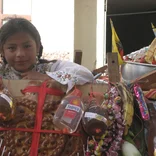
Virtually meet the hospitable natives in Ecuador and learn their way of life, a rich culture of mixed indigenous practices and European colonial influence while you wok on sustainable projects in their local community.
You can also check our other Kaya Remote Internship programs in Thailand,South Africa,Morocco & Vietnam when you contact a Kaya placement now.






























